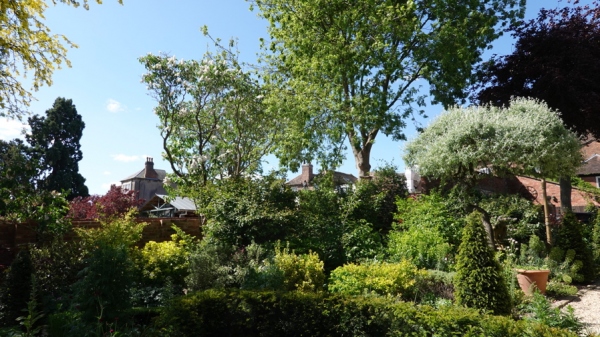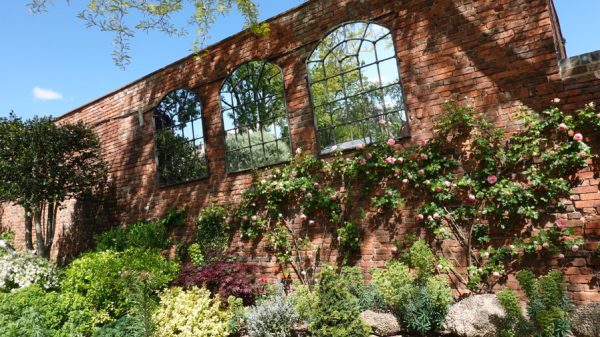
10.25
Rising 06.30.
Morning Sitting in the Home Study.
Morning reading and writing…

Morning listening: Henri Dutilleux.
Reflecting on the Act Of Music is the Music and my experience of live performances and performing.
Q: Why go to a live performance; eg rather than listen to fave discs at home?
A: Something is possible live that is not available (as with historic conservatory works) from reading the score; nor listening to the score as primary text (constituted by the sounds themselves, as opposed to commentaries on them https://searchworks.stanford.edu/view/4770884), determined by classic recordings; whether formally composed, constructed in the studio, or live recordings.
So what is available? Partly, the social/community, ritual/celebratory aspects of audiencing. For me: an Otherness which is only possible when music, musicians and audients come together. Trey Gunn, in an interview, referred to meeting people who had had peak experiences https://en.wikipedia.org/wiki/Peak_experience in KC performances (I am one of those people). Trey also commented on how this might have had affect on Robert (paraphrase).
When we see live performance as primary in the musical event, even, as the aim of a musical act, it redirects how we view performers. Performers become a focal point in the musical process. If this seems absurd, an example from the music industry…
Musicians/groups tour to promote their latest record.
This piece of enshrined conventional wisdom elevates income-generation to the primary aim, the raison d’etre of live performance; ie the performance itself, the performers themselves, are necessary by-products of the commercial imperative. Audients are not primarily in the auditorium to listen, engage and/or have potentially life-changing experiencing. Their role as co-creators in the act of music is relegated to that of consumers.
If live performance is situated as primary, in the anthropology of live performance our view of performers is re-positioned; particularly where the performers view themselves as part of the “fieldwork”. How? Partly by developing a sense of distancing from the actual behavior / functioning; eg by self-observation, dividing the attention between internal and external processing. Something like, reporting on oneself in the field of musical action.
11.23 Live performance is ephemeral. You’re there, or not. You fall asleep, you miss elements in the process. Something like visiting a garden: the blossom opens today, here, now.
It is a joy that I am able to see the Season unfold here at home, day by day…






12.49 Italian Wasps have recently been buzzing, noting Fripp's failure to engage with criticism (wonderfully mangled)...
Roberto Faccini: omg he dared to criticize his "majesty" Fripp, are we kidding? Where the hell do we live in China?
Fabio Anile: Clearly that Mr. Fripp doesn't accept any criticism...
Roberto Faccini: ...are you really convinced that we have to drink everything about Fripp back baby? If we laugh, then everything is fine, but you don't have to be touchy if someone might allow themselves to criticize God Fripp.
For those interested in Fripp’s latest (pitiful and failed) attempt to escape criticism, perhaps visit the DGM Diary for two days ago…
https://www.dgmlive.com/diaries/Robert%20Fripp/rf-diary-may12-2020.
15.39 Marco Zanetti: It's pretty interesting the way this vicious circle works.
RF: Received opinion, shared journalisms, careless commentaries, queried. The Wasps's Nest kicked. So, why would anyone kick the Wasps’ Nest?
18.29 To the Cellar and practicing. Now back in the Home Study, listening to the most recent Quiet Moment mastered by David Singleton, for future release in the series of fifty Quiet Moments. At the end of a day, I find these nourish me.
19.52 I Advance Masked – Day Fifty-Four…

The street…
20.09 Back on the street with neighbours at 20.00, Clapping For Carers. Hooray!